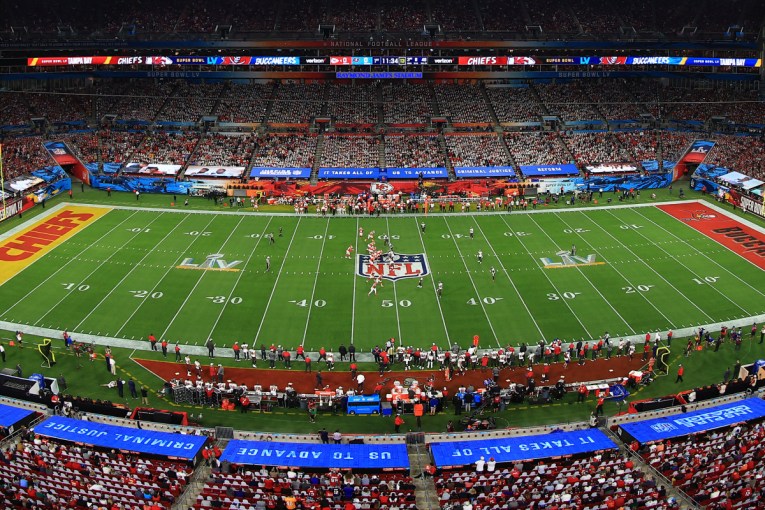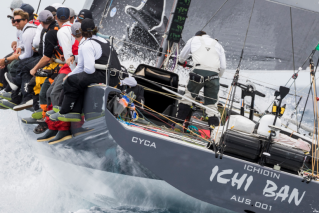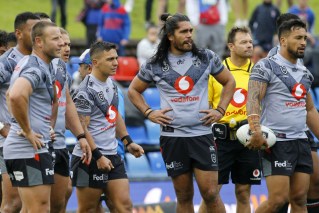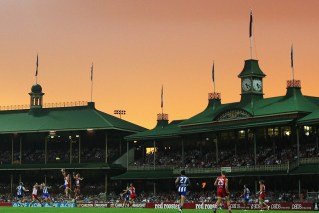Patriotic Pies have every right to Anzac Day: historian

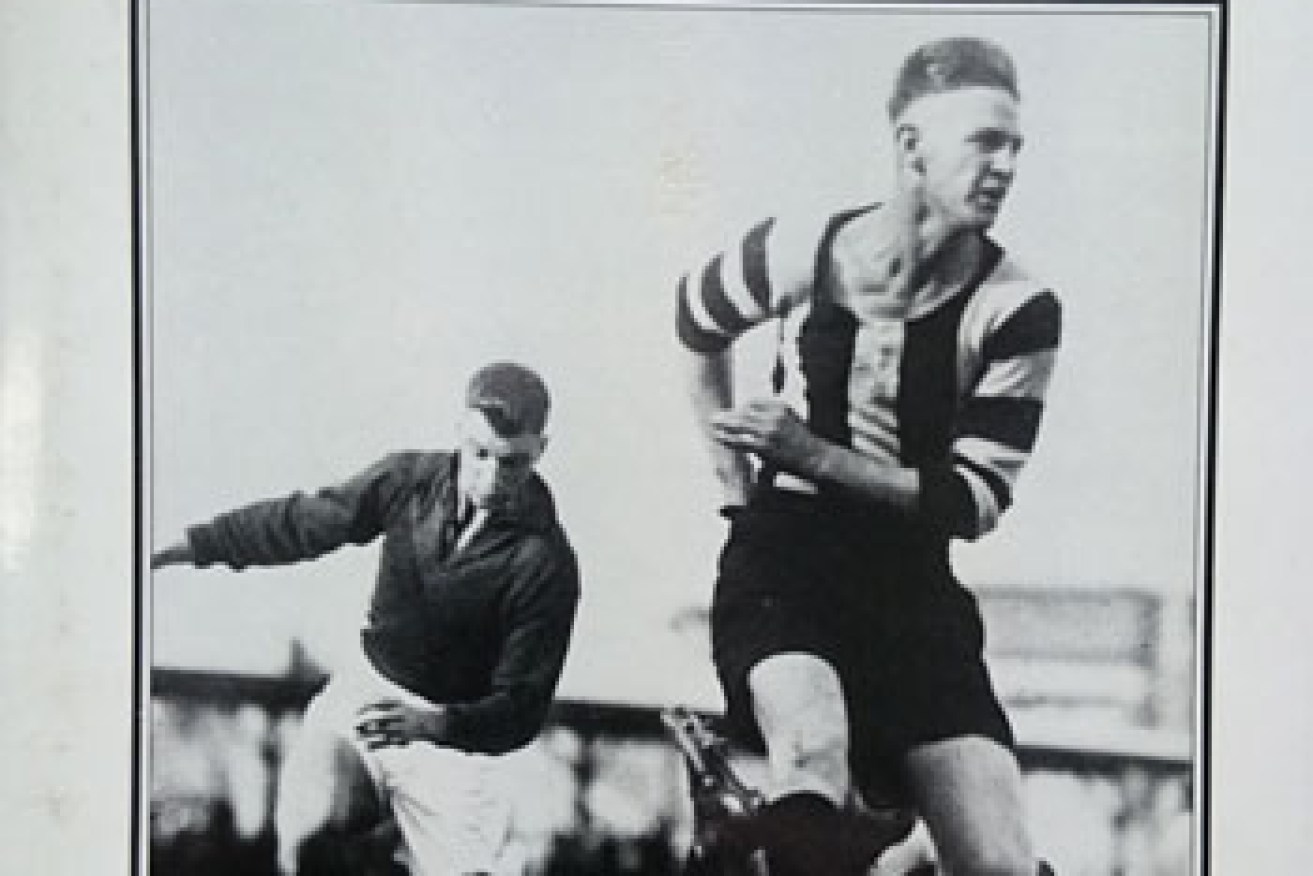
Richard Stremski's history of Collingwood.
The attack by Monash University historian Tom Heenan on Collingwood’s Anzac Day credentials was made on the faulty basis that the club was less than supportive of our nation’s war efforts in the First World War.
My main grievance is that, as a barracker for another club, he has cherry picked the facts.
Heenan used only what suited him to build an argument for Melbourne to take the place of the Pies in the AFL’s second biggest game of the year.
His argument relied too heavily on the first part of World War I, and totally ignored what came after.
Heenan is right to point out that Collingwood had the fewest players to serve in the war, but fails to mention that 18 of its past players enlisted.

Collingwood won the flag in 1917, in a reduced competition of six teams.
I can’t argue with anything he says about 1914 or 1915, but by the end of 1916 his argument doesn’t quite carry so much weight.
The affluent refused to give up horse racing.
Understandably, Collingwood did not whole-heartedly support the war in the beginning.
This wasn’t because of Archbishop Daniel Mannix, as Heenan suggests, but it certainly was because Collingwood was a working class, heavily Irish suburb. The Irish were not highly motivated to fight for England, as they were going through their own struggle for independence.
Fighting for England wasn’t the same as fighting for Australia in their minds. For the one third of the club that was of Irish descent, and strongly Catholic, the war wasn’t as important.
The club’s controversial decision to play on while the Great War raged was designed to keep up the morale of those who stayed behind, and was justified by the upper class sports that also played on.
The affluent refused to give up horse racing. No racing club, no rowing club, no swimming club – no other professional sport – closed during the war.
Gallipoli helped create Australian patriotism. By the end of 1916, the club was very committed to the war.
Collingwood officials were adamant that, as a working class suburb and club, they would play on, given that no other sport was abandoned.
There was certainly criticism. Much of it came from people like Lawrence Adamson, the headmaster at Wesley College, who said that the fittest should go off to fight for the weak, not play football. Yet these players contributed to the war efforts in other ways.
Yes, club secretary Ern Copeland did say that Collingwood needed the money to stay afloat, but that was not the primary reason it continued to play.

Richard Stremski’s history of Collingwood.
Indeed, in 1916, 1917 and 1918, Collingwood gave their entire net profit to the war effort.
In 1916, this amounted to 39 pounds. Fitzroy and Richmond certainly gave a lot more that year, although it is worth noting that Carlton gave nothing in 1916, despite being more affluent.
As the war became a truly Australian conflict after Gallipoli, Collingwood and the Irish quickly lent a hand.
To judge Collingwood unworthy of Anzac Day on the basis of a bygone era is faulty.
Gallipoli helped create Australian patriotism. We were fighting more for Australia than for England, which I think made a significant difference. By the end of 1916, the club was very committed to the war.
It certainly never discouraged its players to enlist, as Heenan suggests.
Heenan also mentions that Collingwood disguised payments in the form of wedding gifts to their players, but ignores the fact that its players were paid less than any other club.
Collingwood made sure that their pecuniary interests did not deter any of their players from enlisting.
The club even paid 20 pounds to the widow of a player killed in the war.
To judge Collingwood unworthy of Anzac Day on the basis of a bygone era is faulty, as it transposes the values of one era on to another. And to imply that it failed to support the war in its entirety is historically inaccurate.
Historian Dr Richard Stremski is the author of the quintessential history, Kill for Collingwood, and is a former club board member.
